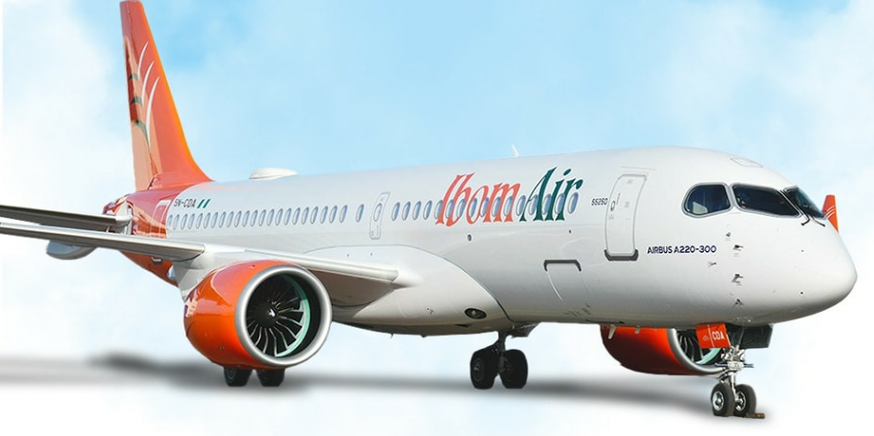Nigeria’s Ibom Air Seeks To Emulate AirBaltic’s All-A220 Business Plan

Credit: Ibom Air
Nigerian carrier Ibom Air is looking to transition to an all-Airbus A220 fleet to expand its intra-African operations, mirroring the business model of Latvian carrier airBaltic. Local government-owned Ibom Air operates a fleet of nine aircraft—seven CRJ900s and two Airbus A220-300s—with nine more...
Subscription Required
Nigeria’s Ibom Air Seeks To Emulate AirBaltic’s All-A220 Business Plan is published in Aviation Daily, an Aviation Week Intelligence Network (AWIN) Market Briefing and is included with your AWIN membership.
Already a member of AWIN or subscribe to Aviation Daily through your company? Login with your existing email and password
Not a member? Learn how to access the market intelligence and data you need to stay abreast of what's happening in the air transport community.





